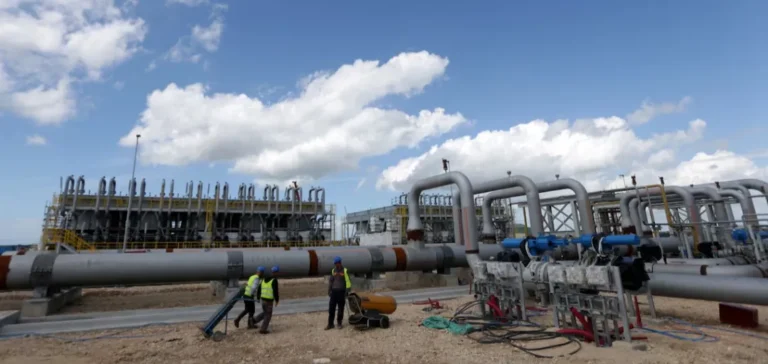Croatian pipeline operator JANAF and Hungarian oil and gas group MOL will start negotiations on extending their cooperation, with the current crude oil transport agreement set to expire on December 31. The existing contract covers the annual delivery of 2.1 million tonnes of crude to MOL’s refineries in Hungary and Slovakia.
Talks under geopolitical pressure
JANAF has proposed increasing transported volumes as Hungary faces growing pressure to reduce its dependence on Russian oil supplied via the Druzhba pipeline. The Croatian company stated it is “technically and organisationally ready to meet all annual needs” of MOL’s Central European refineries. It highlights the reliability of its Adriatic pipeline as an alternative route to Russian supplies.
MOL, however, has expressed doubts about JANAF’s ability to deliver sufficient volumes. In response, the Croatian company reaffirmed its readiness to expand cooperation and strengthen the region’s energy supply security. Both companies view the negotiations as strategic for maintaining stable oil transport across Central Europe.
Tariff tensions and regional risks
Hungarian officials have accused JANAF of imposing excessive transport fees, a claim the company rejects, stating that it charges MOL standard rates. According to a MOL spokesperson, the group is “ready for negotiations” but did not specify conditions for a possible new deal.
At the same time, JANAF faces another challenge related to its contract with Serbian oil company Naftna Industrija Srbije (NIS), majority-owned by Russian interests. The agreement, valid until December 31, 2026, could be jeopardised by new sanctions from the U.S. Treasury’s Office of Foreign Assets Control (OFAC), with a decision expected after October 8.
The Croatian company confirmed that its current transport licence for NIS remains valid until that date and said it would seek an extension if sanctions persist. This regulatory uncertainty adds pressure to regional energy flows already affected by European restrictions on Russian oil.






















